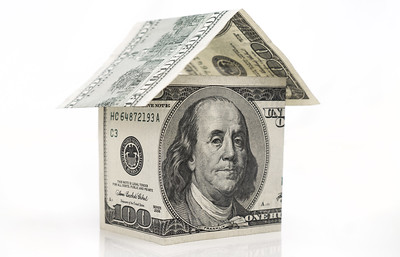Earlier this month, I wrote about the possibility of a looming correction in housing prices. Analysts from Goldman Sachs and Moody’s suggested that housing prices could drop. Now, the Federal Reserve Bank of Dallas is warning of a 20% housing price correction in the coming months.
According to economists there, the sharp rise in interest rates would shoulder the blame for what happens to the housing market. Such a correction could reduce the revenues WCC receives from property tax collections. Michigan law separates the taxable value of a property from its state equalized value. This separation is the result of a cap on property tax increases in a single year.
The gap between a property’s taxable value and its SEV means that property taxes could continue to rise, even as property values fall. In a recession, this can increase tax delinquencies on properties – which could lead to tax foreclosures in some areas.
The Dallas Fed admits that a 20% decline in housing prices is “pessimistic.” But the likelihood that housing prices will fall by some amount becomes more likely over time. Even if the housing market doesn’t lose one-fifth of its value, any losses in market value will have corresponding impacts in other places in the economy.
For example, if the “20% scenario” does play out, the housing price contraction would likely trigger a noticeable reduction in personal consumption. The Dallas Fed estimates the size of the personal spending contraction could be between 0.5% and 1%. That drop in personal spending could reverberate back into the housing market, reducing the price of housing again. According to the Dallas Fed, this could set up a negative feedback loop, sending the prices of housing into a freefall.
Housing prices matter to lower income consumers
Just how much do housing prices matter? According to the National Association of Realtors, it takes a median income of more than $88,000 to afford a “typical home.” That’s more than twice the income required prior to the onset of the pandemic. Rising costs in the housing market mean that some people will get edged out. People who would otherwise buy homes will get stuck in the rental market, creating a shortage of housing units there. It will also raise costs there.
The uncertainty of what will happen in the housing market is a great reason not to seek bonds guaranteed by student tuition and fees rates. Educational cost is only one expense that students will be paying in the coming months and years. Raising the cost of attendance at a time when they’re also under significant pressure to meet increases in housing and other non-negotiable costs will simply erode enrollment further.
Photo Credit: Pictures of Money , via Flickr











